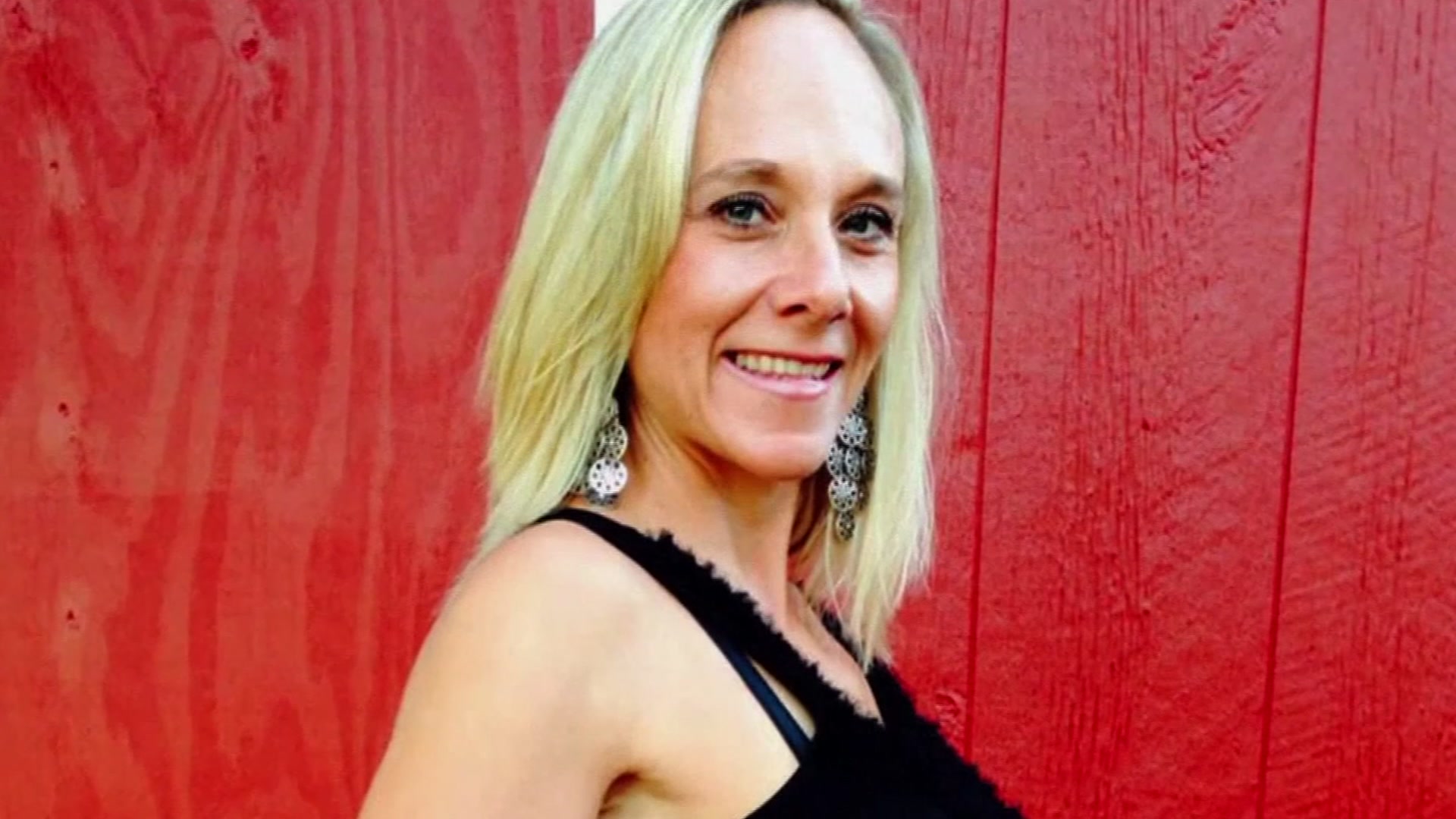The time is now, Texas Freedom Colonies Project Founder Andrea Roberts says, to document African American settlements throughout the state.
The Eagle reports a $50,000 National Trust for Historic Preservation grant will help with that process and give Roberts a chance to determine what the project needs to grow and make sure it is done in the most productive and effective way. Out of 476 applications, the project was one of 22 selected to receive grants from the National Trust for Historic Preservation.
The Texas Freedom Colonies Project began as Roberts' dissertation in 2014 and expanded into a space to preserve the history of Freedom Colonies or African American settlements and cemeteries throughout the state.
Roberts, assistant professor of urban planning at Texas A&M University and founder of the project, said she is not trying to become a Freedom Colonies historian, but rather just document where they are and give each settlement context.
"My idea was how do we map these places and how do we make these places visible to urban planners so that they don't destroy them and to developers so that they don't have any excuses," she said.
The newest element is the atlas that indicates the locations of each settlement she discovers or people submit to the project.
Descendants of the founders of these communities do whatever they can to preserve the history of their Freedom Colony and maintain what is left of the settlements, Roberts said, but there was never a centralized place to store all that information.
Local
The latest news from around North Texas.
"We created that, but the next step is that we need to make sure that we're doing this in a smart way," she said.
The grant also will help Roberts, who discovered in her research she is a descendant of Freedom Colonies in southeast Texas, find the technology needed to reach the rest of the state and map those remaining settlements.
On the Texas Freedom Colonies Project website, Roberts -- through her own research and through crowdsourcing the public's help -- has located multiple historic black settlements throughout the state and placed them on a map anybody can access.
"Unlike a lot of other information about historic places, you go to the library and you look at the map -- an old map -- and it will show you here are the names of all the places. With historic black settlements, it's a much different situation," she said about the importance of the map. "These are communities that were founded, generally speaking, between 1865 and around 1920, and so some of these places have no population left, some of them have no buildings left, some of them only have cemeteries left; however they do have customs and celebrations and social networks that are committed to their survival."
Through the grant, Roberts said, she hopes to explore the capacity needed to document and assess the needs of more settlements she finds or learns about from others.
One of the biggest challenges, she said, is simply finding the locations, especially if the only thing left of the community is a cemetery.
"According to the Texas Historical Commission, on average, there are 87 cemeteries per county that are unaccounted for," Roberts said. "That is, we know there's a cemetery, but we don't know the name of it and we don't know who the keeper is. There are 254 counties in the state of Texas. An average county reports that a third of those 87 cemeteries have no stewards."
As the state grows, she said, "The more we're going to have to contend with what's under the ground, so we have to be proactive. We can't stumble. Right now we're building and growing like teenagers with learners' permits, and in order for us to grow up and be mature, responsible drivers, it's time for us to get proactive and face what's underneath the earth. We need to be really, really honest with ourselves and face what's beneath our feet."
The only way to know about these places, in many cases, she said, is through interviews, oral histories and meeting with descendants to discuss the customs and the preservation projects they have started on their own.
The timing is urgent, she said, because the people who have that valuable information are aging and dying. From 2014 to 2018, five people she interviewed had died.
"These are people that I interviewed who had valuable information," she said. "If it's just those two (counties), how many people are leaving us every day that know the location of the burial sites, that know the story of the founding of these places, that know where they are, that know who the stewards are."
And some of the living stewards are in their 80s and 90s.
"We're running out of time. We're simply running out of time," she said.
People can learn more about the Texas Freedom Colonies Project and explore the atlas at www.thetexasfreedomcoloniesproject.com or on Facebook by searching for the project's name.
People can submit names and locations of settlements directly on the website or can print off a survey to mail in.



